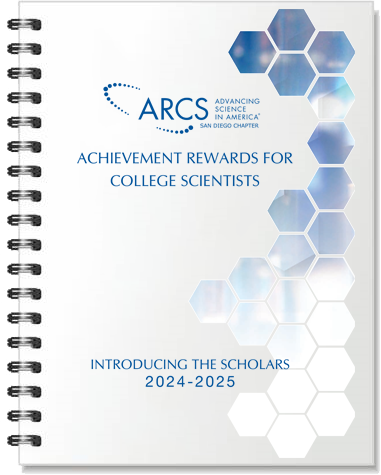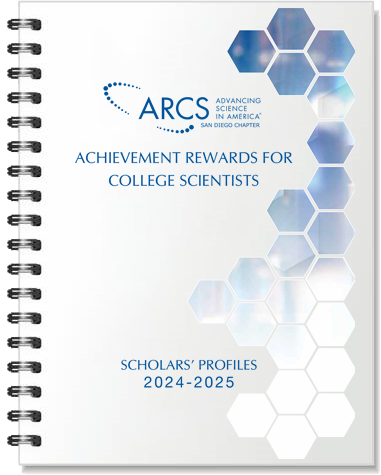2024-2025 ARCS Scholars
Details for the Scholars are available as PDFs by clicking the folders below:

2024-2025 SCHOLARS
SAN DIEGO CHAPTER
All ARCS Scholars supported by the San Diego Chapter are enrolled in doctoral programs
ARCS Scholars are selected by their institutions in recognition of their achievements and their exceptional promise to contribute significantly to their fields. Basic requirements have been established by ARCS® Foundation, Inc.: Scholars must be U.S. citizens and have at least a 3.5 GPA; they must be enrolled in academic degree programs in science, engineering, and medical research. Awards are unrestricted and merit-based. The San Diego chapter focuses on supporting students in doctoral programs, and the ARCS Scholars we have funded have a 98% graduation rate, compared with the national rate of 60% for graduate students in the sciences and engineering.

 Kian Bagheri Environmental Engineering |
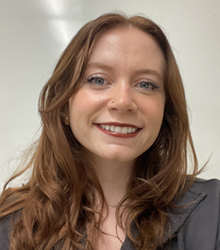 Elizabeth Morgan Becker Biology |
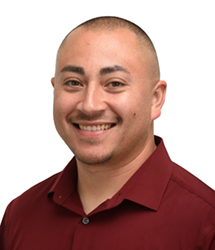 Luisjesus Santiago Cruz Biology |
|
|
|
|
 Morgan Vanness Farrell Cell and Molecular Biology |
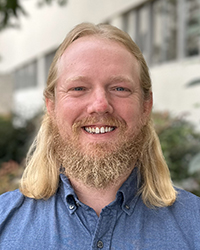 Ryan J. Hanscom Biology |
 Amanda Nancy Lee Computational Science |
|
|
|
|
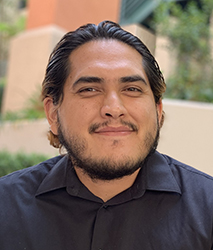 Jovan San Martin Chemistry |
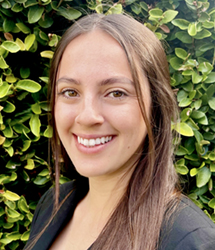 Ashley Valentina Schwartz Applied Mathematics |
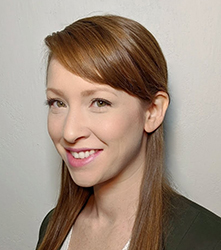 Lilith Astete Vasquez Environmental Engineering |
|
|
|
|
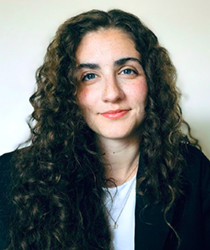 Christina Rodama Veziris Clinical Psychology |
 Isabel Alejandra White Mathematics and Statistics |
|
|
|
|
|

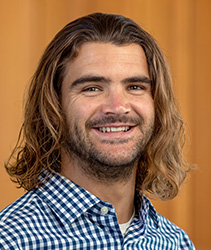 Roger Justice Fleischmann, III Immunology |
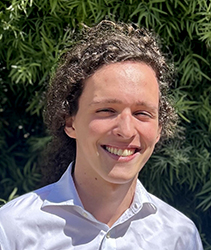 Stephan Miguel Freeman Chemistry |
 Catherine Yicong Li Virology |
|
|
|
|
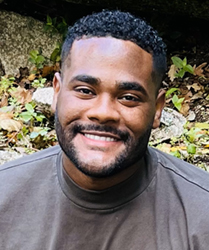 Garrett Lee Lindsey Chemical Biology |
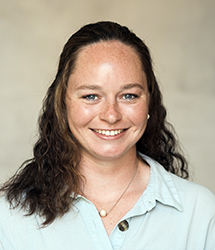 Colleen Ann Maillie Cell Biology |
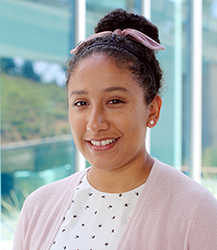 Michaela Medina Cell Biology |
|
|
|
|
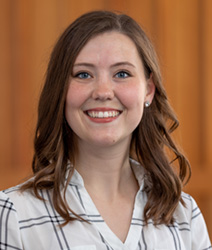 Kayla Elaine Nutsch Chemistry |
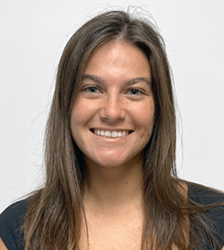 Ariana Sulpizio Chemistry |
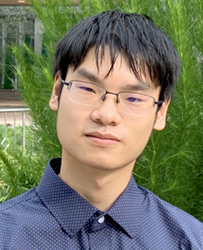 Drason Han Zhang Chemistry |
|
|
|
|

UNIVERSITY OF CALIFORNIA, SAN DIEGO
 Hannah Rose Battey Global Health |
 Daniel Milgram Beaglehole Computer Science and Engineering |
 Austin Joseph Carter Geosciences |
|
|
|
|
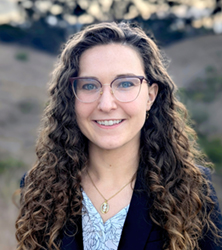 Morgan M. Caudle Clinical Psychology |
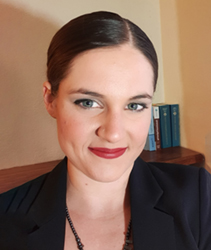 Kayla M. Erler Structural Engineering |
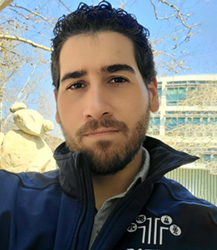 Wilfredo Gabriel Gonzalez-Rivera Bioengineering |
|
|
|
|
 Rayyan Mohammed Gorashi Bioengineering |
 Jonathan A. Gunn Bioengineering |
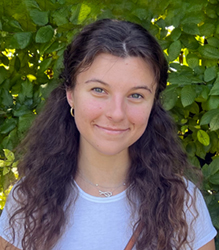 Katherine Eugenia Izhikevich Computer Science and Engineering |
|
|
|
|
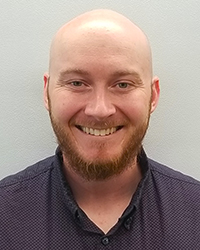 Wade Truman Johnson Bioinformatics |
 Nishta Krishnan Nanoengineering |
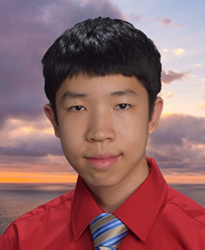 Benjamin Aaron Lam Nanoengineering |
|
|
|
|
 Araz Majnoonian Global Health |
Daniel Milshteyn Chemistry and Biochemistry |
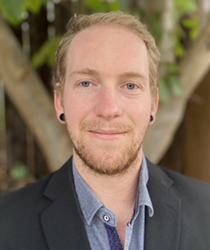 Spencer Louis Nelson Chemistry and Biochemistry |
|
|
|
|
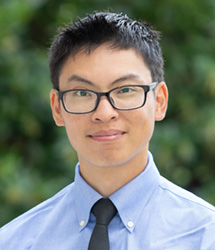 Renny Ka Hang Ng Biological Sciences |
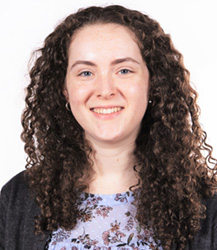 Renee Elizabeth Oles Biomedical Sciences |
 Avery Pong Bioinformatics |
|
|
|
|
 Natalie Elaine Quach Biostatistics |
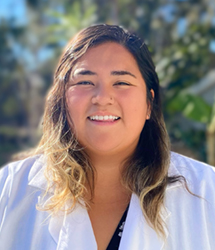 Chiaki Isabela Santiago Neuroscience |
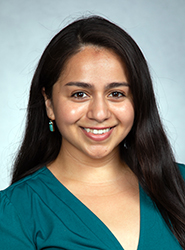 Consuelo Sauceda Biomedical Sciences |
|
|
|
|
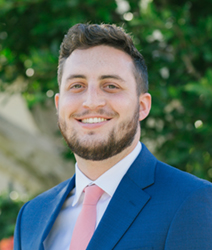 Jared Simmons Biomedical Sciences |
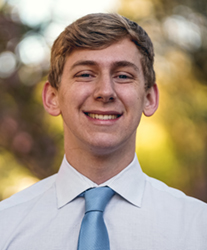 Chesson Scott Sipling Physics |
 Lauren Alexandria Valdez Neurosciences |
|
|
|
|
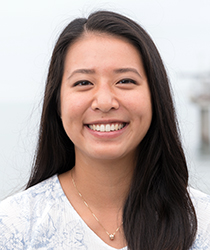 Jessica Shen Yi Wan Climate Sciences |
 Olivia Jade Weng Computer Science and Engineering |
|
|
|
|
|

 Oliver Mallillin Erece Nursing/Surgical & Medical Oncology |
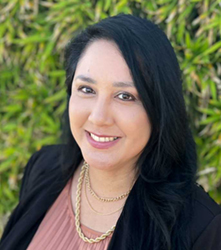 Sandy Jean Jellen Nursing/Surgical & Medical Oncology |
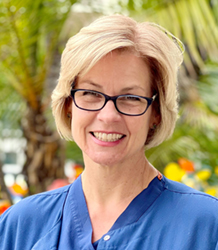 Kristina Maria Lopez Nursing/Perianesthesia |
|
|
|
|
Tina Connie Smith Nursing/Pediatrics |
||
|
|
|
|

